
Novel
An average soldier is caught up in the cogs of an inhuman war machine during the First World War.

Translator
Bored Czech housewife Meridian daydreams of life in a better world. Her days are spent in a shoddy apartment, with an even shoddier husband. She flees from her mundane existence by turning to her ancient keyboard and composing lush romances laced with lust and desire in her daydreams, Romans enjoy a festive orgy in honor of their new emperor, an army deserter is lured back into action by Meridian and Sandra Russo via a sizzling three-way in the rain and, in her final fantasy, Meridian transforms her husband into a dashing prince from her country's ancient past.

Book

Book

Book

Short Story

Short Story
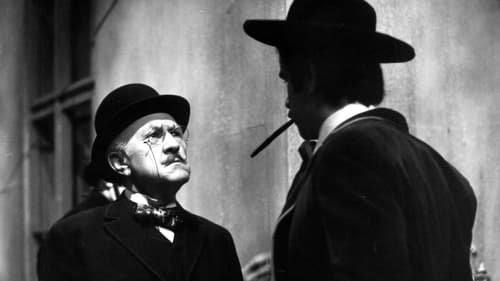
Short Story

Short Story
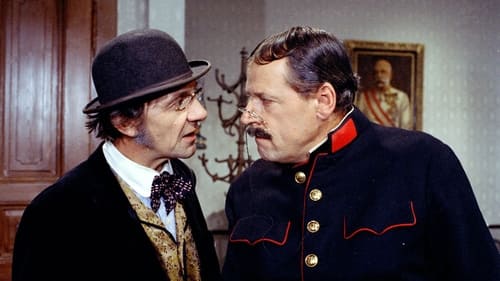
Short Story

Short Story

Short Story
The television adaptation of Jaroslav Hašek's satirical short story.

Short Story
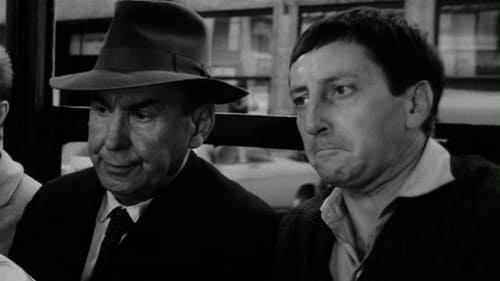
Short Story
A man boards on a tram together with a naked boy. Somebody has stolen the boy's clothes when he was out bathing, leaving him with not even change for the tram. The man has taken care of him and is taking him home. At first nobody notices them but as soon as the people realize they are seeing something out of the ordinary they begin to react to the situation. Some are content with the simple explanation as to why the boy is naked. Others are agitated, for they see the whole situation as something unseemly. An ordinary incident, which might have been passed over in silence, results in a heated argument that turns into a fight. More and more people join in the fight until the police are forced to intervene.
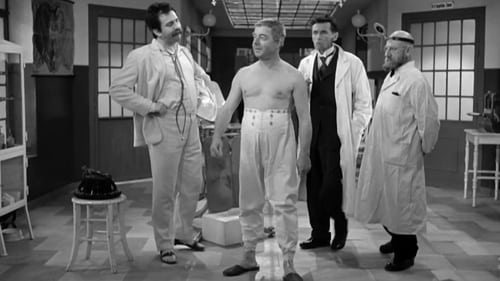
Novel
Versión cinematográfica realizada en la Alemania de posguerra de la famosa novela del escritor checo J. Hašek, publicada en 1921 y 1922, que narra la historia de las aventuras de un veterano soldado checo llamado Josef Švejk, germanizado Schwejk, durante la Primera Guerra Mundial. La historia comienza con el asesinato del archiduque Francisco Fernando. Schwejk es detenido en la taberna por un agente de la policía secreta y acaba en un manicomio, aunque finalmente es puesto en libertad. Presume de haber sido declarado oficialmente idiota y manifiesta un patriótico entusiasmo por la guerra y la monarquía austro-húngara. Posteriormente es reclutado en el ejército. Su forma especial de atender a las órdenes de sus superiores y la forma de ejecutarlas, deja dudas en el espectador acerca de su posible estupidez o sabiduría...
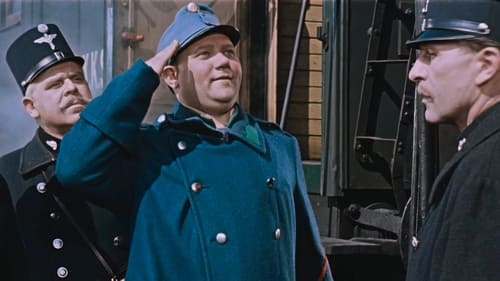
Book
A comedy based on the novel of Jaroslav Hašek's The Good Soldier Svejk happens during the World War I. I Dutifully Report: In the introduction to the second part of the film adaptation of Hašek's novel The Good Soldier Švějk presents his main character Josef Švejk. With the distinctive traditional Czech cartoon character of a soldier Svejk, this time you meet on the way to the front and eventually right in the firing line. You can look at his famous train events, and also probably the most famous episode of the novel, Švejk's Budějovice anabasis. Don't miss the scene with the secretly bought cognac, the episode with Svejk as a fake Russian prisoner of war, including the court scene, and the scene in which lieutenant Dub is caught in a brothel. Despite the criticism, Steklý's adaptation is undoubtedly the most famous and memorable at present.

Novel
Versión cinematográfica de la famosa novela satírica inacabada del escritor checo Jaroslav Hašek, publicada en 1921 y 1922, que narra la historia de las aventuras de un veterano soldado checo llamado Josef Švejk durante la Primera Guerra Mundial. La historia comienza con el asesinato del archiduque Francisco Fernando. Švejk es detenido en la taberna por un agente de la policía secreta y acaba en un manicomio, pero finalmente es puesto en libertad. Presume de haber sido declarado oficialmente idiota y manifiesta un patriótico entusiasmo por la guerra y la monarquía austro-húngara. Posteriormente es reclutado en el ejército. Su forma especial de atender a las órdenes de sus superiores y la forma de ejecutarlas deja dudas en el espectador acerca de su posible estupidez o sabiduría...

Author
Adapting Jaroslav Hasek's raucous satirical novel, and also bringing Josef Lada's equally famous illustrations to garrulous puppet life, posed Trnka one of his biggest creative challenges. Trnka himself felt that the final episode was the most artistically successful, but there's much to enjoy in all three, not least the way that the lackadaisical layabout Svejk's own self-serving anecdotes are realized through cut-out animation.

Novel

Short Story

Novel

Novel

Book

Novel

Novel
Directed by Carl Lamac.

Novel






